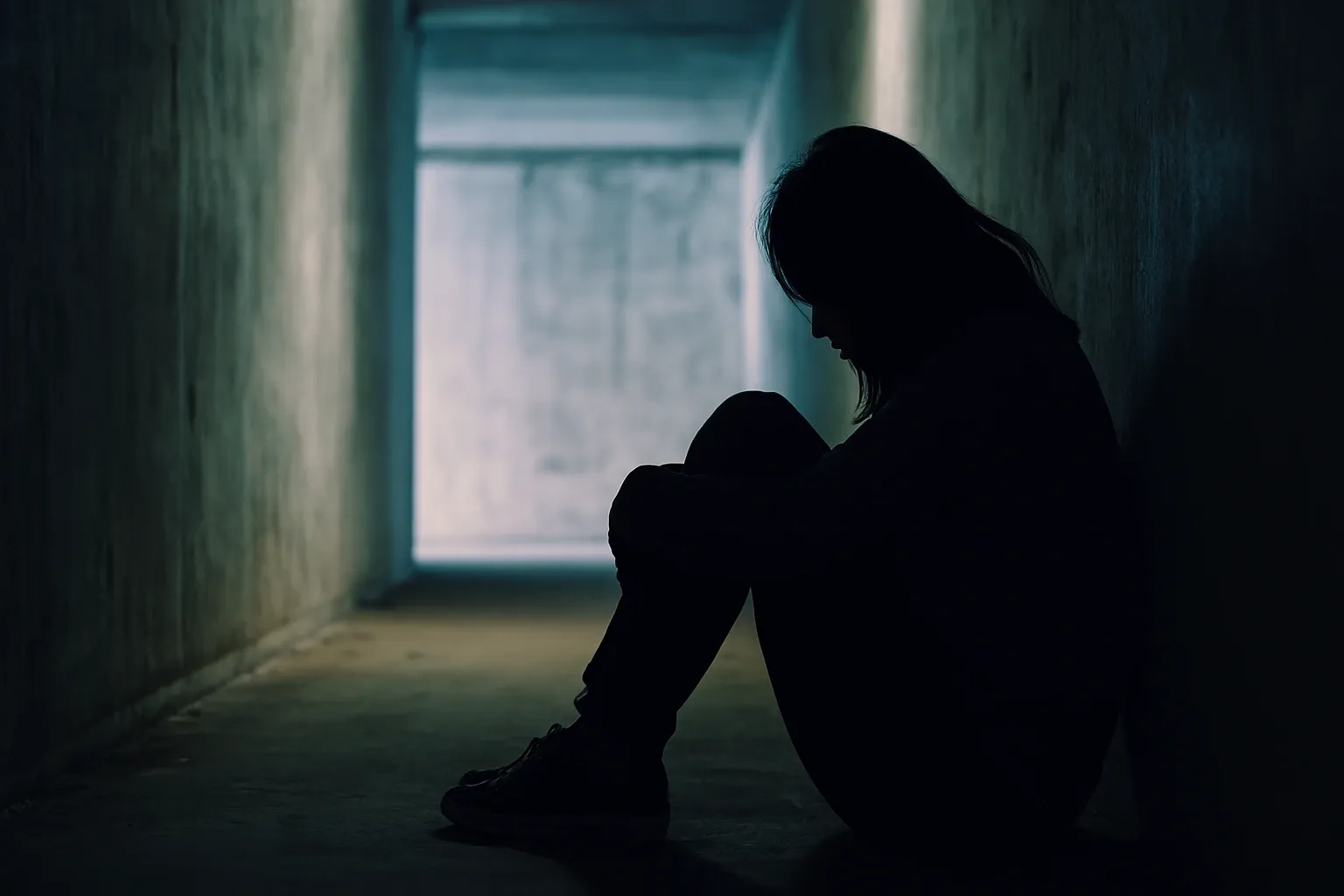The Blame Game Begins Online
Media Trial & Victim Blaming? In Sri Lanka and across South Asia, the internet doesn’t wait for facts. It reacts. It judges. It decides. And often, it gets it wrong.
Take the recent accident involving a 25-year-old man and a couple with a baby. Within hours, social
media lit up with blame. “He must’ve been drunk”, “Typical Gen Z recklessness”, “He killed a family”. But
no one paused to ask, “What Really Happened?“
Days later, the truth emerged: the young man wasn’t under the influence. The husband, driving home
from a wedding with his wife and child was the one intoxicated. Yet the damage was done. The young
man’s name was dragged, his image circulated, and his generation vilified.
This isn’t just about one accident. It’s about how media trials and public narratives especially online can
distort reality, harm lives, and silence survivors.
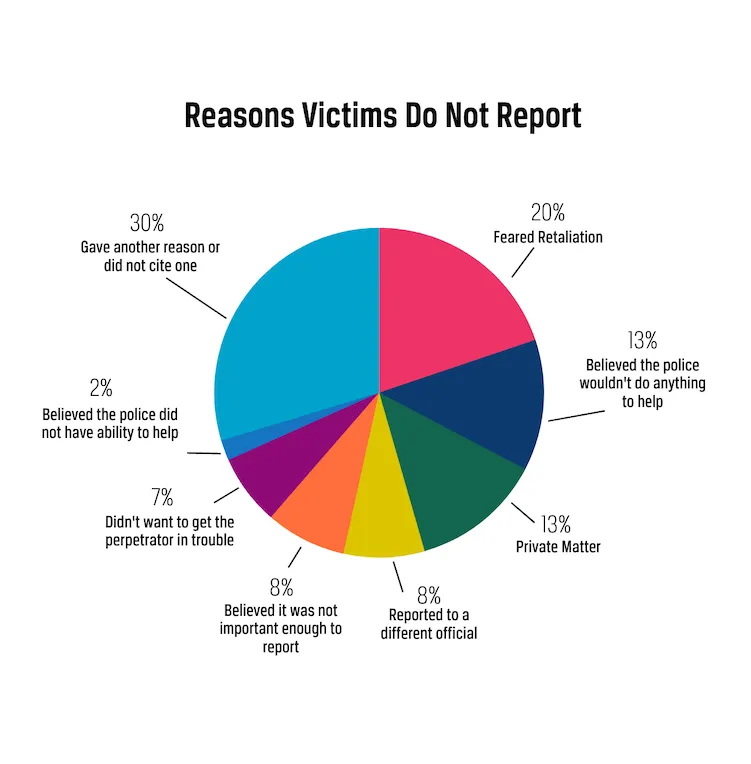
What Is a Media Trial?
A media trial happens when public opinion, fueled by headlines, tweets, and viral posts, begins to judge
a person before the courts do. In cases involving women, it often means:
- Survivors are named or indirectly identified
- Their choices are questioned
- Their trauma is minimized
- Their dignity is compromised
For Gen Z, who live online, this is especially dangerous. Screens become courtrooms. Comment sections
become verdicts.
Victim Blaming: A Cultural Reflex
In Sri Lankan media, especially Sinhala and Tamil outlets, victim blaming is often coded into language:
- “She went alone.”
- “She sent the photo.”
- “She should’ve known better.”
These phrases don’t just report, they accuse. And when survivors are women, the scrutiny doubles.
Their clothes, their relationships, their digital presence all become evidence against them.
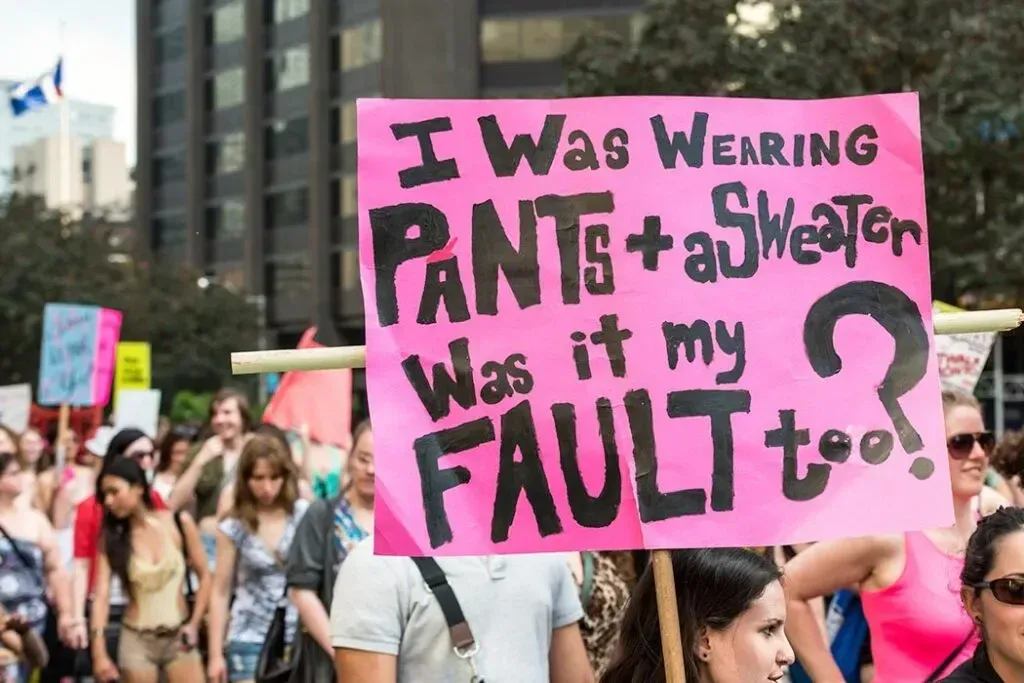
Even in cybercrime cases, where women are blackmailed or exploited, the narrative often shifts: “Why
did she share that?” instead of “Why did he violate her trust?”
Sri Lankan Law: What Protections Exist?
Sri Lanka has laws meant to protect survivors from media harm:
Assistance to Victims of Crime and Witnesses Act
Guarantees privacy and safety for survivors, especially in sexual violence and cybercrime cases. In Sri Lanka, enacted in 2015, that establishes the National Authority for the Protection of Victims of Crime and Witnesses (NAPVCW) to uphold the rights of crime victims and witnesses.
Online Safety Act No. 51 of 2023
Allows victims to report cyberbullying, defamation, and harmful digital content. It’s a step forward, but
enforcement is slow, and many survivors fear stigma.
Sri Lanka Press Council Law No. 5 of 1973
Regulates ethical journalism. Survivors can file complaints against media outlets that breach privacy or
publish defamatory content.
Defamation Law (Civil)
Victims can sue for reputational damage. But legal costs and emotional toll often discourage action.
Freedom of Press vs. Survivor Safety
Sri Lanka’s Constitution protects freedom of expression. But that freedom isn’t absolute. Courts can
issue gag orders or restrict coverage in sensitive cases. Still, many media houses push boundaries,
especially when clicks and ratings are involved.
For survivors, this means their trauma can become public spectacle. Their stories are told without
consent. Their pain becomes content.
Read the episode one of this series – “Can Love Online Lead to Cybercrime? The Real Cost of Sharing Private Photos“
How Media Shapes Public Opinion
In the Pollachi case, and in recent Sri Lankan cybercrime incidents, media coverage shaped public
perception long before courts ruled. Survivors were judged, doubted, and dissected.
Social media made it worse. Misinformation spread. Victim-blaming memes circulated. And even when
the truth came out, the emotional damage remained.
Gen Z: Living in the Crossfire
Gen Z doesn’t just consume media, they live in it. Their relationships, identities, and vulnerabilities are
online. So when public narratives turn toxic, the impact is immediate and personal.
The accident involving the 25-year-old man is a reminder: Gen Z isn’t reckless by default. They’re often
misunderstood, misrepresented, and prematurely blamed.
What Needs to Change
1. Trauma-Informed Journalism
Reporters must be trained to protect survivor dignity, avoid sensationalism, and respect privacy.
2. Media Accountability
Press councils must enforce ethical guidelines. Outlets that violate survivor rights should face penalties.
3. Legal Reform
Clearer laws on media conduct during active investigations, especially in gender-based cases are
essential.
4. Digital Literacy for Gen Z
Young people must learn to question narratives, verify facts, and support survivors not shame them.
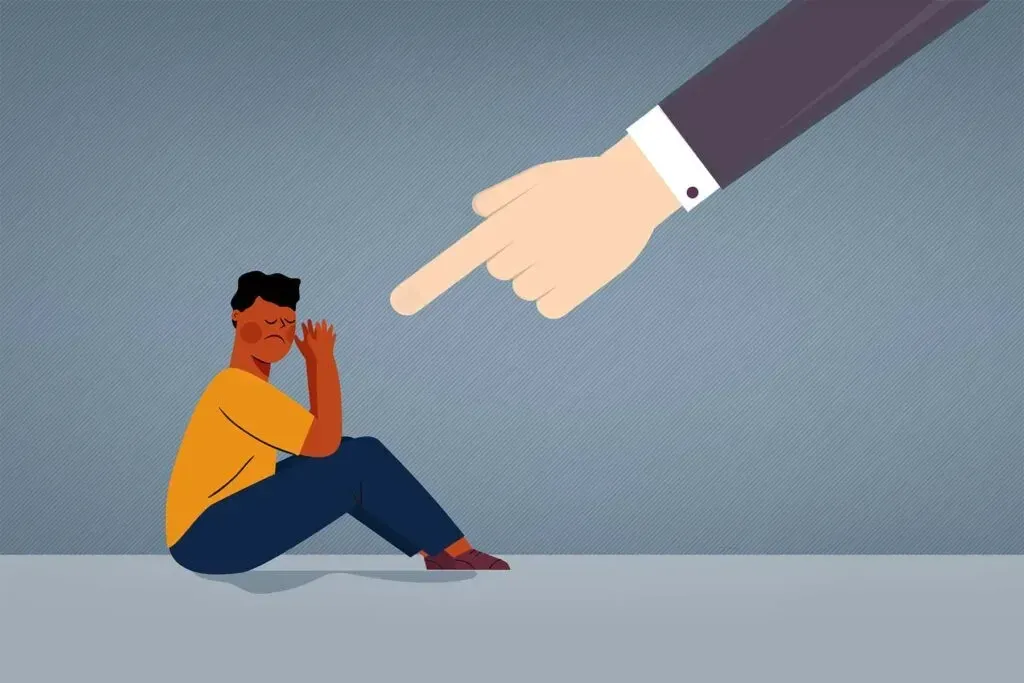
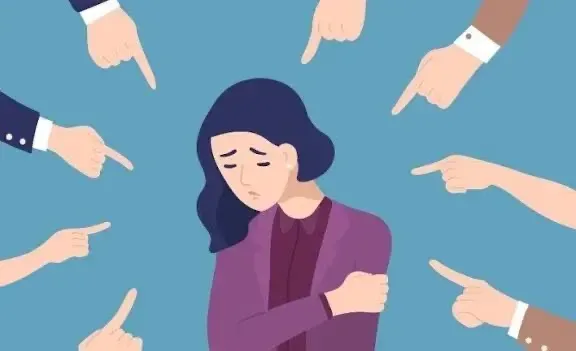
Shall We Conclude This With The Question, “Whose Story Gets Told?”
In Sri Lanka, media trials don’t just affect court outcomes they affect lives. For women, the cost is often
dignity. For Gen Z, it’s identity.
We need laws that protect. Media that respects. And a public that pauses before it points fingers.
Because justice isn’t just about verdicts. It’s about how we treat people before the verdict comes.
__________________________________
Read the article on “What If We Chose to Stay? – World Suicide Prevention Day 2025“

